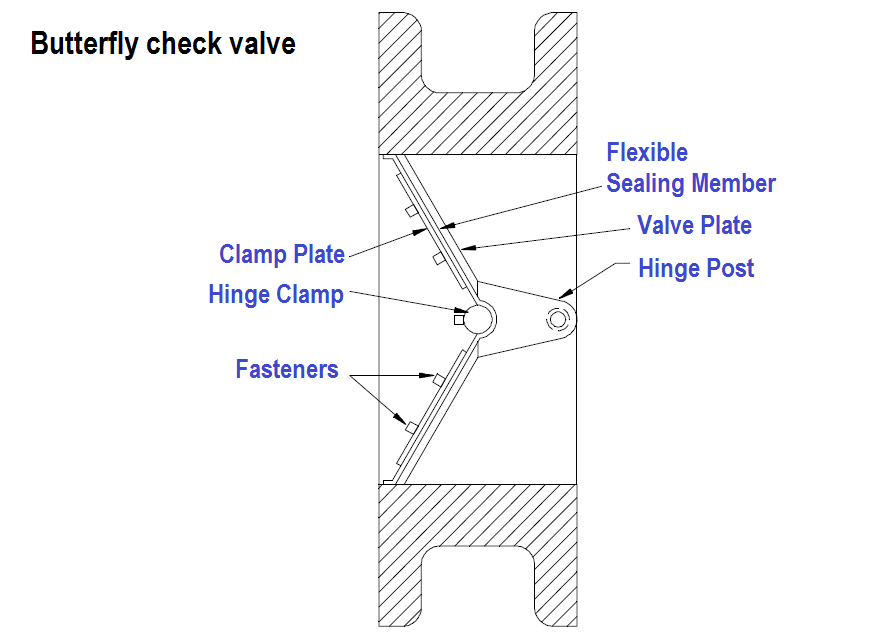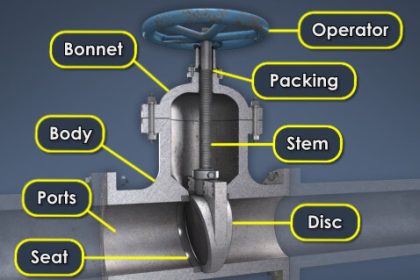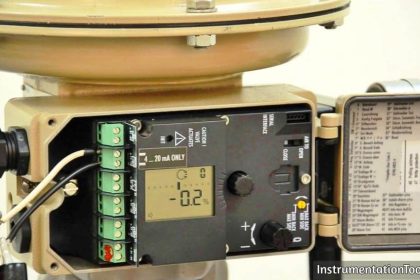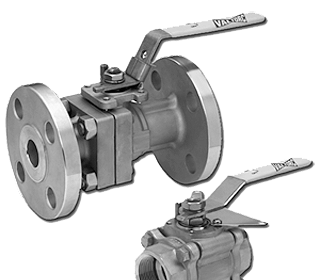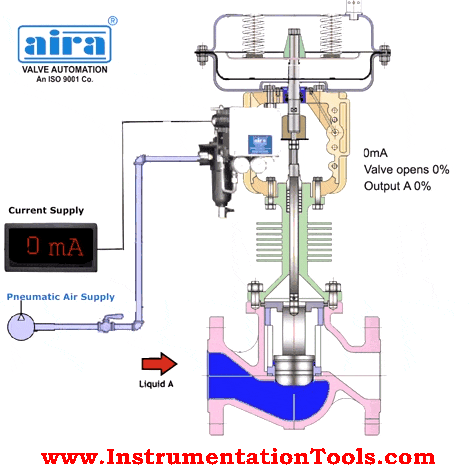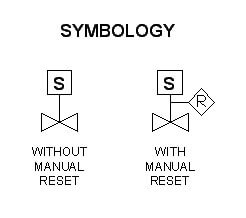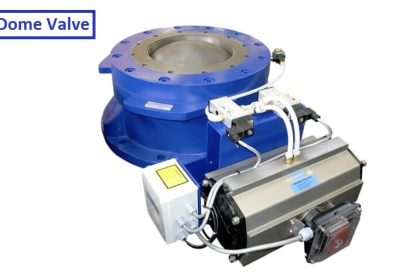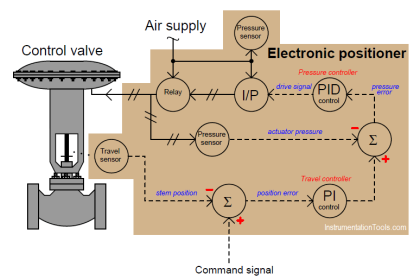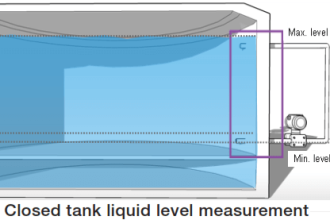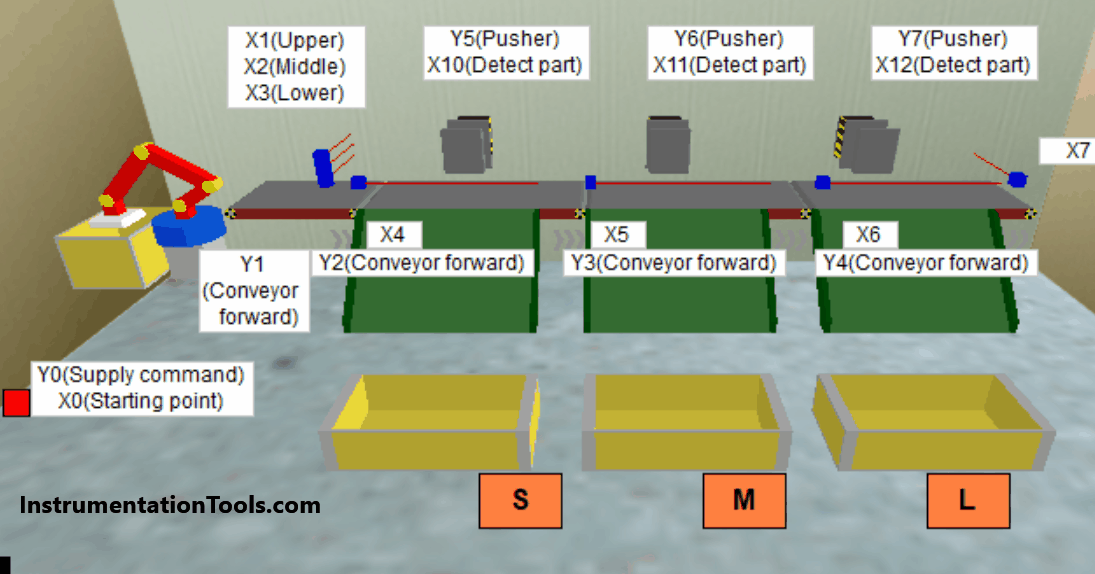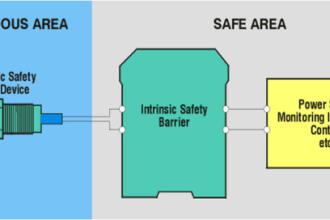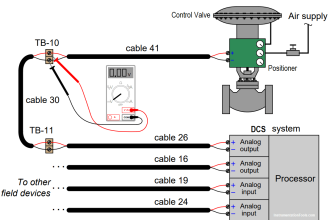Check valves are designed to prevent the reversal of flow in a piping system. These valves are activated by the flowing material in the pipeline.
The pressure of the fluid passing through the system opens the valve, while any reversal of flow will close the valve.
Closure is accomplished by the weight of the check mechanism, by back pressure, by a spring, or by a combination of these means. The general types of check valves are swing, tilting-disk, piston, butterfly, and stop.
Butterfly Check Valve
Butterfly check valves have a seating arrangement similar to the seating arrangement of butterfly valves.
Flow characteristics through these check valves are similar to the flow characteristics through butterfly valves. Consequently, butterfly check valves are quite frequently used in systems using butterfly valves.
In addition, the construction of the butterfly check valve body is such that ample space is provided for unobstructed movement of the butterfly valve disk within the check valve body without the necessity of installing spacers.
Figure : Butterfly Check Valve
The butterfly check valve design is based on a flexible sealing member against the bore of the valve body at an angle of 45 deg.
The short distance the disk must move from full open to full closed inhibits the “slamming” action found in some other types of check valves. Above Figure illustrates the internal assembly of the butterfly check valve.
Because the flow characteristics are similar to the flow characteristics of butterfly valves, applications of these valves are much the same.
Also, because of their relatively quiet operation they find application in heating, ventilation, and air conditioning systems. Simplicity of design also permits their construction in large diameters – up to 72 inches.
As with butterfly valves, the basic body design lends itself to the installation of seat liners constructed of many materials.
This permits the construction of a corrosion-resistant valve at less expense than would be encountered if it were necessary to construct the entire body of the higher alloy or more expensive metal. This is particularly true in constructions such as those of titanium.
Flexible sealing members are available in Buna-N, Neoprene, Nordel, Hypalon, Viton, Tyon, Urethane, Butyl, Silicone, and TFE as standard, with other materials available on special order.
The valve body essentially is a length of pipe that is fitted with flanges or has threaded, grooved, or plain ends.
The interior is bored to a fine finish. The flanged end units can have liners of various metals or plastics installed depending upon the service requirements. Internals and fasteners are always of the same material as the liner.
Butterfly check valves may be installed horizontally or vertically with the vertical flow either upward or downward.
Care should be taken to ensure that the valve is installed so that the entering flow comes from the hinge post end of the valve; otherwise, all flow will be stopped.
